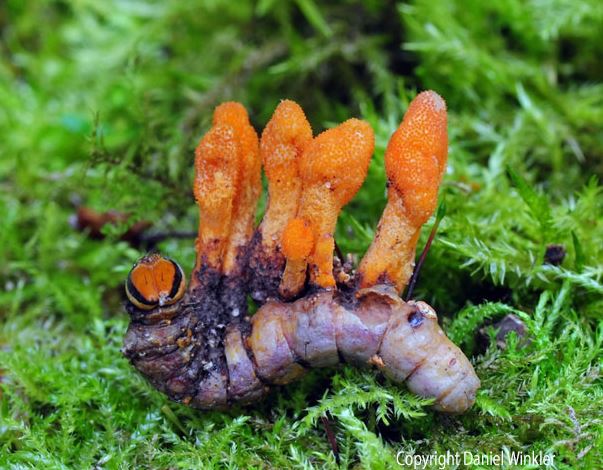
Discovering the Potential of Cordyceps
An orange zombie fungus known as Cordyceps, famous for its role in The Last of Us TV show and video game, has caught the attention of researchers for its potential in fighting cancer. Scientists have found that Cordyceps works by halting cell growth signals that are hyperactive in cancer cells, offering a new avenue for cancer treatment.
Insight from Research
Published in FEBS Letters, the study conducted by the University of Northampton School of Pharmacy revealed that Cordycepin, a compound derived from Cordyceps, disrupts growth signals in cancer cells while leaving healthy tissues unharmed. The fungus, widely used in traditional Asian medicine, is now being explored for its cancer-fighting properties with promising results.
Potential Applications and Future Directions
Lead author Dr Cornelia de Moor highlighted the potential of Cordycepin as a basis for novel cancer medications, emphasizing the need for further research and development. By understanding how Cordycepin is converted into Cordycepin Triphosphate to block cancer cell growth, researchers aim to harness its benefits for effective cancer treatments in the future.
Rising Threat of Deadly Fungi
While Cordyceps shows promise in fighting cancer, the emergence of other deadly fungi poses a growing threat to global health. Experts have observed an increase in fatal fungal infections among hospitalized patients since the onset of the Covid-19 pandemic, underscoring the importance of monitoring and addressing these concerning trends.

Not on WHO's Priority List
Despite its potential benefits in cancer research, Cordyceps is not classified as a priority pathogen by the World Health Organization (WHO) due to its exclusive targeting of insects rather than humans. Known for its ability to manipulate the behavior of ants to facilitate its own growth, Cordyceps remains a fascinating subject of study with implications for both medicine and ecology.






